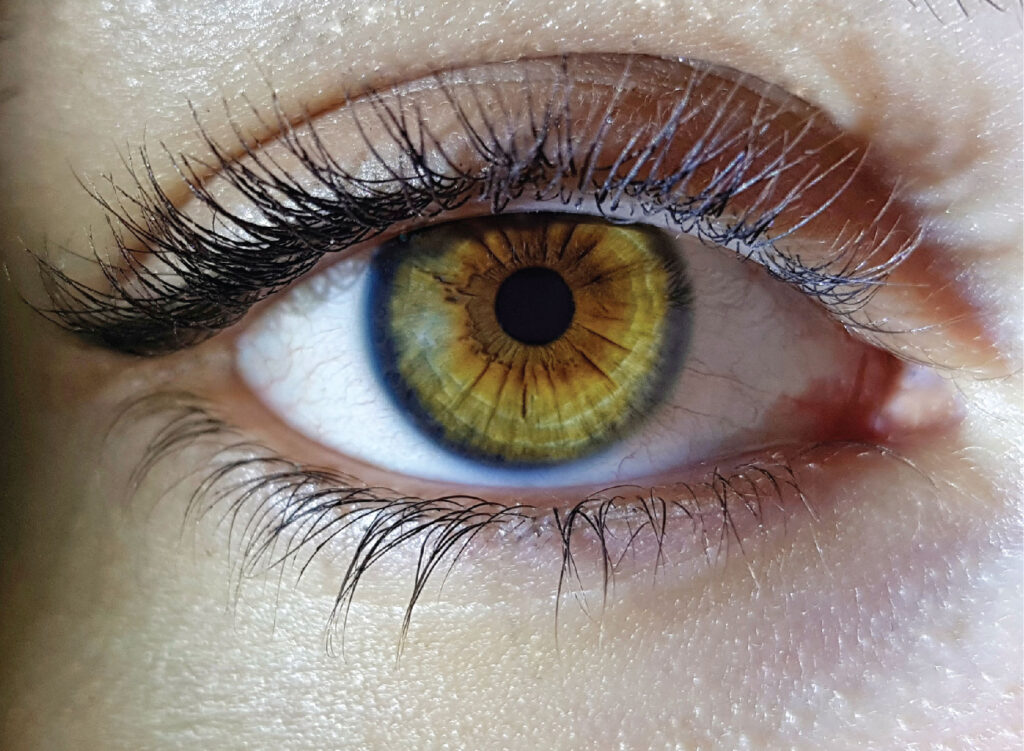
Eyes are the most beautiful thing that God has gifted us. Eyes allow us to see the beauty of the world and especially the faces of our loved ones. It feels scary even to think of losing one’s eyesight, isn’t it? We need to take good care of it, and what can be better than Ayurveda eye treatment? Our article will throw light on the importance of Ayurveda for the eyes.
Ayurvedic Eye Care Treatment
We need to be concerned about our eyes as problems with vision is a common issue that most of the population goes through. The reasons may be due to excessive use of mobiles, laptops, or other health problems. If we do not take good care of the eyes, the condition might deteriorate. Sometimes this can lead to vision loss as well. With the help of Ayurveda eye care treatment, one can achieve better results without undergoing invasive treatments like surgery, laser, etc. The magical wand of Ayurvedic science can resolve various dreadful eye conditions that are accountable for the loss of vision.
Some of the eye problems that can be treated with the help of Ayurveda include:
- Diabetic Retinopathy
- Macular Degeneration
- Uveitis
- Retinitis Pigmentosa
- eye allergy
- Pathological Myopia
- Dry eyes
- Optic Atrophy
- Keratoconus
- Blepharospasm
- Glaucoma
These are the names of some eye conditions that Ayurveda can treat and make the life of patients better.
Different Ayurvedic Treatment For Eyes:
Ayurveda, a traditional system of medicine originating from India, has several treatments for various eye problems. Here are some of the Ayurvedic treatments for eyes:
- Netra Tarpana: This treatment involves pouring medicated ghee on the eyes, which helps to lubricate and nourish the eyes. It is useful for dry eyes, tired eyes, and other eye problems.
- Nasya: Nasya involves administering medicated oil drops in the nostrils, which helps to improve vision and reduce eye strain.
- Triphala Eye Wash: Triphala is a mixture of three herbs that are beneficial for the eyes. It can be used as an eye wash to reduce inflammation, irritation, and redness in the eyes.
- Anjana: Anjana is an Ayurvedic eye ointment that is applied to the eyes to improve vision and relieve eye problems like conjunctivitis, blepharitis, and dry eyes.
- Washing Routine: Ayurveda recommends maintaining a good washing routine of eyes. The routine involves washing your eyes with water as soon as you wake up while holding water in the mouth. The water should not be too hot or too cold. This routine is known to keep the eyes healthy.
- Panchakarma: Panchakarma is an Ayurvedic detoxification process that involves cleansing the body to remove toxins. It is helpful in treating eye problems caused by an excess of toxins in the body.
- Practice Trataka: Trataka is a yogic practice that involves focusing the gaze on a particular point, such as a candle flame, in order to improve concentration and calm the mind. Trataka practice can improve blood circulation and eye strength. Regular practice of Trataka can eventually improve vision.
- Ayurvedic Diet: Eating a healthy Ayurvedic diet can improve eye health. Foods like leafy greens, carrots, and almonds are rich in nutrients that are beneficial for the eyes. These are some of the treatment methods in Ayurveda. However, patients with severe eyesight issues should always consult a practitioner before following any treatment methods.
Different forms of Yogasana for improving eye health:
There are various yoga asanas or postures that are beneficial for eye health. Here are a few:

Palming: Sit comfortably and rub your palms together until they become warm. Close your eyes and place your warm palms over your eyes, making sure not to apply pressure on the eyes. Keep your eyes covered and breathe deeply for a few minutes.

Eye rotations: Sit comfortably and look straight ahead. Slowly rotate your eyes in a circular motion, first clockwise and then counterclockwise. Repeat 5-10 times in each direction.

Bhramari Pranayama: Bhramari Pranayama is a yoga breathing technique that involves deep breathing and humming. The humming sound is made in the throat, with the mouth closed. This practice is thought to reduce stress and anxiety, improve concentration, and relieve tension in the body. Repeat for 5-10 breaths.

Kapalbhati Pranayama: Sit comfortably and take a deep breath in. Exhale forcefully, pulling your navel towards your spine. Repeat for 5-10 breaths.

Vajrasana: Sit on your heels with your knees and feet together. Keep your back straight and place your hands on your knees. Focus on a distant object and maintain the gaze for a few minutes.
These yoga asanas can help to improve blood circulation to the eyes, reduce eye strain, and improve vision. However, it’s important to approach the practice with caution and under the guidance of a qualified yoga teacher, especially if you have any medical conditions.
Benefits of Ayurvedic Treatment for Eyes:
Ayurvedic treatment for eyes has been used for centuries to improve eye health, prevent eye diseases, and treat various eye conditions. Here are some of the potential benefits of Ayurvedic treatment for eyes:
- Improves vision: Ayurveda can help to improve vision by strengthening the eye muscles and enhancing blood circulation to the eyes.
- Prevents eye diseases: Ayurvedic remedies and treatments can help to prevent eye diseases such as cataract, glaucoma, and age-related macular degeneration.
- Relieves eye strain: Ayurveda can help to relieve eye strain caused by prolonged screen time or reading.
- Soothes dry eyes: Ayurvedic treatments can help to soothe dry eyes by moisturizing the eyes and reducing inflammation.
- Reduces eye redness and itching: THis traditional system can help to reduce eye redness and itching caused by allergies or other eye conditions.
- Strengthens eye muscles: Ayurvedic treatments can help to strengthen the eye muscles, which can improve eye coordination and prevent conditions such as lazy eye or strabismus.
- Enhances overall health: Ayurvedic treatments are based on the principle of balancing the doshas, which can lead to improved overall health and wellbeing.
Conclusion: It is important to note that Ayurvedic treatments should always be used in conjunction with conventional medical treatments and under the guidance of a qualified Ayurvedic practitioner.
You Can Also Read For More Posts
Ayurvedic tips for maintaining healthy eyesight
Dr Basu Ayurvedic Cataract treatment without surgery
To Know More, Talk to our Consultant. Dial +91-8235808080